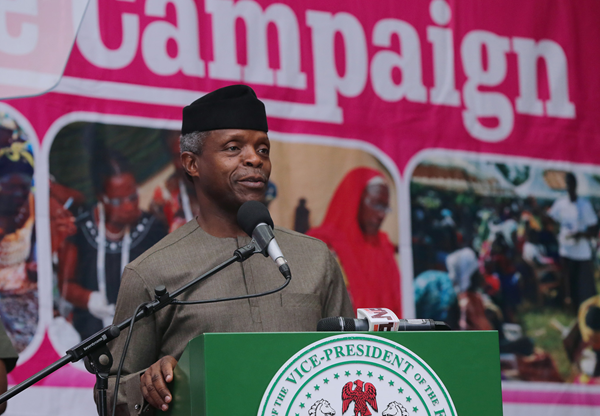The World Health Organisation says Nigeria and four other countries in the world lose 236,000 children annually to lack of investment in breastfeeding every year.
The other countries listed are China, India, Indonesia and Mexico.
According to a report published by WHO, the United Nations Children’s Fund (UNICEF) in collaboration with the Global Breastfeeding Collective (GBC), no country in the world fully meets recommended standards for breastfeeding.
“The Global Breastfeeding Scorecard, which evaluated 194 nations, found that only 40% of children younger than six months are breastfed exclusively (given nothing but breastmilk) and only 23 countries have exclusive breastfeeding rates above 60%,” a statement on the WHO website read.
Advertisement
“The scorecard was released at the start of World Breastfeeding Week alongside a new analysis demonstrating that an annual investment of only$4.70 per newborn is required to increase the global rate of exclusive breastfeeding among children under six months to 50% by 2025.”
The report, titled ‘Nuturing the Health and Wealth of Nations: The Investment Case for Breastfeeding’, said meeting this target could save the lives of 520,000 children under the age of five and potentially generate $300 billion in economic gains over 10 years.
“Breastfeeding is one of the most effective— and cost-effective—investments nations can make in the health of their youngest members and the future health of their economies and societies. By failing to invest in breastfeeding, we are failing mothers and their babies and paying a double price: in lost lives and in lost opportunity,” Anthony Lake, UNICEF executive director, said.
Advertisement
The GBC called on countries to:
- Increase funding to raise breastfeeding rates from birth through two years;
- Fully implement the International Code of Marketing of Breast-milk Substitutes and relevant World Health Assembly resolutions through strong legal measures that are enforced and independently monitored by organisations free from conflicts of interest, among others.
- Improve access to skilled breastfeeding counselling as part of comprehensive breastfeeding policies and programmes in health facilities;
- Strengthen links between health facilities and communities, and encourage community networks that protect, promote and support breastfeeding;
- Strengthen monitoring systems that track the progress of policies, programmes and funding towards achieving both national and global breastfeeding targets, among others.







